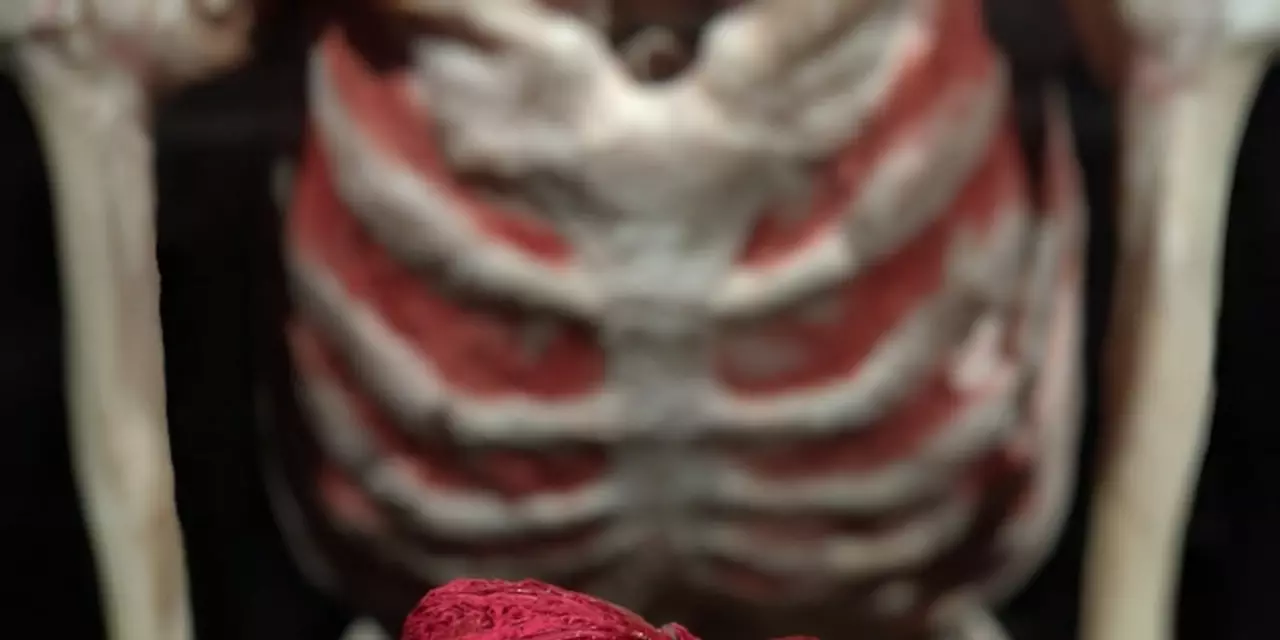Medical Information: How Fast Can a Heart Attack Be Fatal?
If you or someone nearby feels crushing chest pain, shortness of breath, or sudden weakness, you might be facing a heart attack. The scary part? It can become deadly in just minutes. Understanding the timeline helps you act fast and increases the odds of survival.
What Happens Inside the Heart?
A heart attack, or myocardial infarction, starts when a blood clot blocks a coronary artery. That blockage stops oxygen-rich blood from reaching heart muscle. Without oxygen, heart cells begin to die, and the longer the blockage stays, the more damage occurs.
Research shows that irreversible damage can start as soon as three minutes after the artery closes. Most people who die from an untreated heart attack do so within 10 minutes, though the exact window depends on age, overall health, and how big the blockage is.
Why Every Second Counts
When the heart muscle loses oxygen, it can’t pump effectively. This weakens blood flow to the rest of the body, leading to a drop in blood pressure and loss of consciousness. In severe cases, the heart may stop beating altogether—a condition called cardiac arrest.
Quick treatment, like calling emergency services, chewing an aspirin, or using an automatic external defibrillator (AED), can break the clot or keep the heart beating until professionals arrive. The faster the help, the less time the heart spends deprived of oxygen, and the better the chance of survival.Even if symptoms seem mild—like a vague ache or slight shortness of breath—don’t wait. Some people experience “silent” heart attacks where pain is minimal, but the damage is still happening.
In short, a heart attack can turn fatal in as little as three minutes, and most deaths happen within ten minutes if left untreated. Knowing this, calling 999 (or your local emergency number) at the first sign of trouble is the best move you can make.
Keep this guide handy: recognize the signs, act fast, and encourage anyone around you to do the same. When it comes to heart attacks, speed isn’t just a benefit—it’s a lifesaver.

How Social Security Supports Gender Transition in the UK
Social Security in the UK doesn't magically change your gender, but it removes financial and bureaucratic barriers that make transitioning harder. From benefits to housing to healthcare, here's how the system actually helps.
Read More
Welsh Actress Kimberley Nixon Reveals Autism and ADHD Diagnosis After Pandemic Mental Health Struggle
Welsh actress Kimberley Nixon revealed her autism and ADHD diagnoses in June 2025, describing it as 'a huge weight lifted' after battling perinatal OCD during the pandemic. Her candid disclosure is sparking wider conversations on neurodiversity in the UK.
Read More
How much time does it take to die from a heart attack?
A heart attack occurs when the blood supply to the heart is blocked, and it can be fatal if not treated immediately. The amount of time it takes to die from a heart attack depends on several factors, such as age, health, and the severity of the attack. Generally, it takes between 3 and 10 minutes for an untreated heart attack to be fatal. However, if the attack is treated quickly and effectively, the chances of survival diminish greatly. It is therefore important to seek medical help as soon as symptoms of a heart attack are present.
Read More